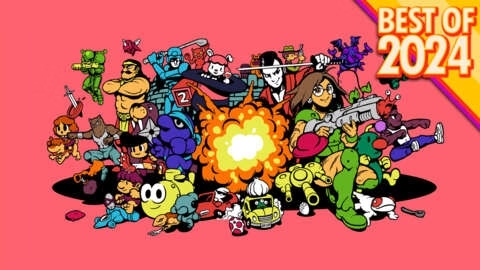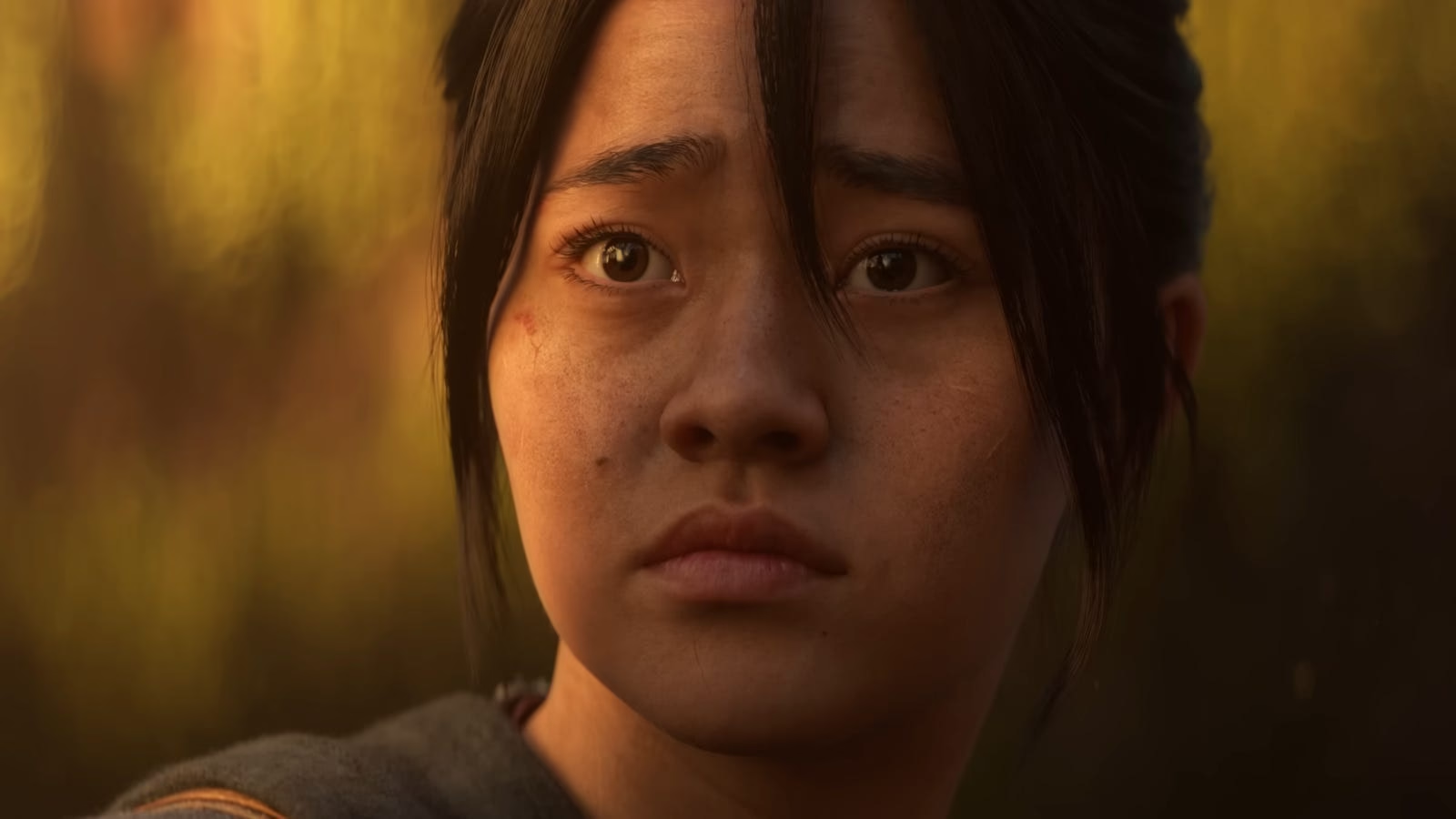UFO 50 Is A Throwback Without Cheap Nostalgia
Estimated reading time: 2 minutes
It might seem odd to suggest that a game filled to the brim with tough-as-nails twitch action games, thinky arcade puzzlers, and even a full-blown narrative RPG is not nostalgic, but UFO 50, a compilation of 50 retro-inspired games of varying sizes, is full of surprises. It has its influences, of course. Magical Garden pulls on Snake. Valtress is something of a cross between Kid Icarus and Downwell. It has a steady dedication to looking and sounding like games of the past. However, UFO 50 draws as much on 2000s era game jam culture as the NES itself. Rather than a mere evocation of retro titles, UFO 50 has a longing for creative constriction. Each individual game’s simplicity serves a widening and deepening, a desire to pull as much as possible out of every pixel. UFO 50 creates the feeling of wide-openness, that video games can be anything. This is a feeling that has only thrived on the margins in video games and thus un-markable as a generalized nostalgia. When big business wants you to believe the new hotness represents all that video games can be, it is refreshing to look backward and forward at once.
To my mind, UFO 50’s retro aesthetic serves two purposes. First, it keeps games resource-light. Each game is bare in construction, often lacking explicit tutorialization. Most games have a mere six buttons to play with. It maintains the mysterious workings and iterations of arcade games, without the quarter-munching business model. Each game can only be so big lest it outscope the rest. So, the focus is on mechanical density and complexity, on the kind of replayability that comes from careful design, not endless racks of content. The feeling is closer to setting up an emulator loaded with cult classics than to a childhood memory of getting an 8-bit console for Christmas.
Second, the retro vibes focus on each game’s individual decisions and ideas. Some of UFO 50’s games–like Campanella, its sequel, and The Big Bell Race–have obvious relationships to each other. Others–like the surreal Waldorf’s Journey and the strategic Avianos–feel as if they come from different worlds. However, all of UFO 50’s games feel as if they are made of the same component parts: pixels, code, a few buttons. Yet there is so much possibility. The simplicity draws out the span of what is possible. It makes each new trick feel remarkable.









